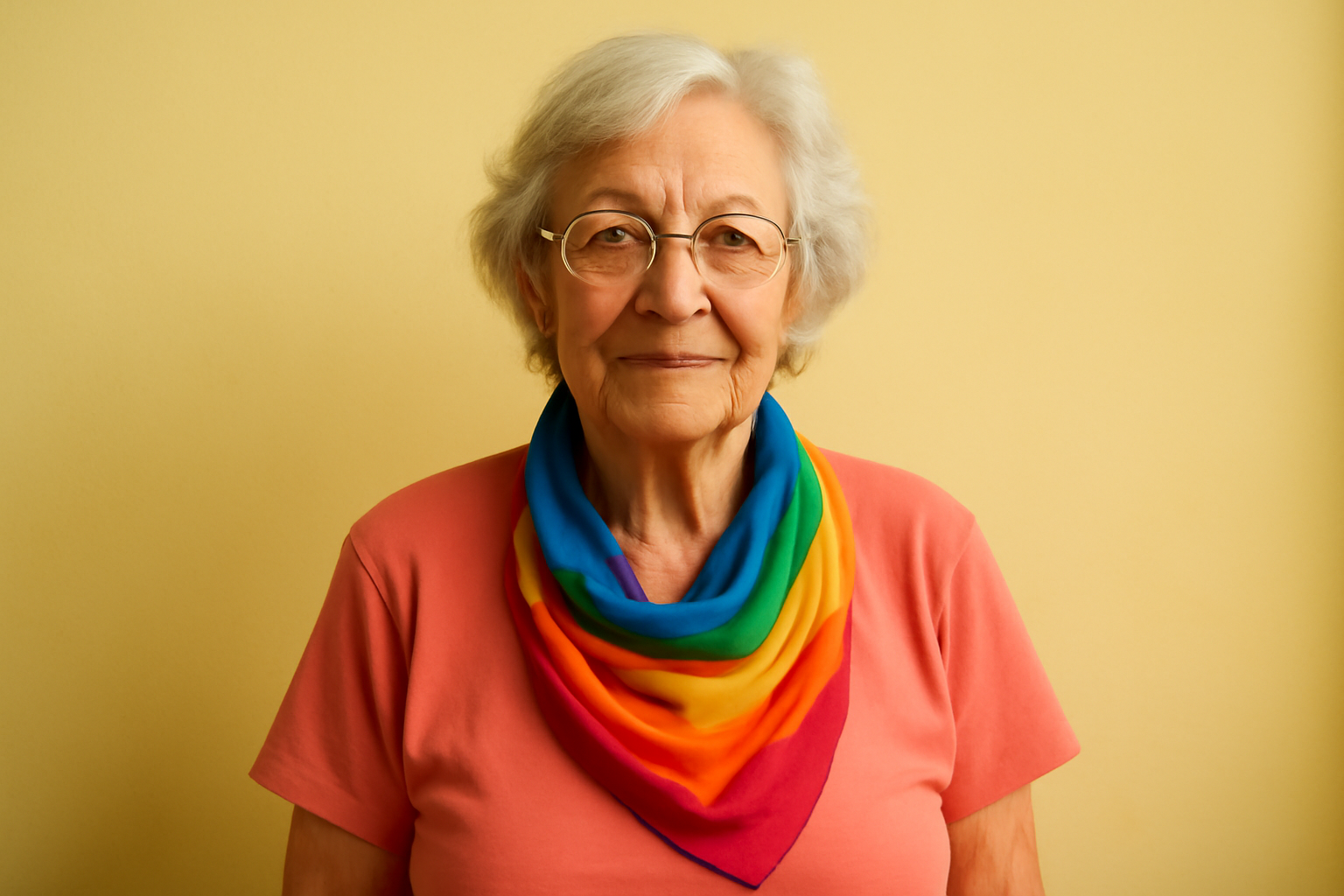
Economic Challenges Amidst Governmental Changes
Argentina is currently experiencing profound transformations in its economic and social landscapes following the inauguration of President Javier Milei in December 2023. These shifts are significantly influencing various aspects of society, particularly impacting retirees and the LGBTQ community.
Mercedes Caracciolo, a 79-year-old sociologist and a steadfast advocate for lesbian rights, shared her personal account of the situation. She noted, "With Milei's government initiating with a harsh currency devaluation, I've had to become much more cautious with my expenses." Caracciolo, who supplements her income with rent from properties she owns, acknowledges that the situation is far more dire for those who rely solely on pensions.
In Argentina, over 7 million citizens receive pensions. However, due to the rapid loss of purchasing power, many find themselves teetering on the brink of poverty. The government's libertarian economic strategies have severely impacted their standard of living, sparking nationwide protests against these policies.
The reduction in social programs and the absence of targeted public policies for LGBTQ individuals have exacerbated the hardships faced by senior citizens. The economic instability hits hardest those who have historically been marginalized, with limited employment opportunities and insufficient retirement provisions. Many older LGBTQ individuals, lacking traditional family structures, find themselves without the necessary support networks, compounded by an increasingly absent state presence.
Social Insecurity and the Rise of Conservatism
The resurgence of conservative ideologies has fostered an atmosphere of insecurity and fear. Graciela Balestra, a psychologist and president of Puerta Abierta a la Diversidad, Argentina's pioneering residence for LGBTQ seniors, elaborates, "There is no longer a sense of security or stability in old age." She adds that many LGBTQ retirees are deeply concerned about the erosion of rights, observing the global right-wing movements and fearing for the hard-won achievements that are now at risk.
Beyond economic struggles, the LGBTQ community in Argentina confronts additional hurdles. Caracciolo highlights how many supportive spaces have suffered reductions or eliminations of government funding, thereby weakening vital community networks essential for the well-being of LGBTQ seniors. "Community networks depend on state support for various expenses," she explains.
The psychological toll is significant, as Balestra warns. "There's a palpable increase in anxiety and fear. People express fears for their lives or feel hesitant to express their identities openly. Where they once felt safe holding hands with partners in public, now there's a visible retreat. The sense of hopelessness is overwhelming."
Balestra's concerns extend beyond the LGBTQ community, touching on broader societal issues. "The economic situation, the rights issue, the looming fear of a return to authoritarian rule—these are all terrifying. Plus, there's the despair of believing these conditions might persist, unchanged even after future elections," she says.
Activism and the Call for Change
Civil society groups have vocally opposed the "adjustments" made by Milei's administration concerning gender and diversity policies. Pride marches in Argentina have evolved into platforms for protesting against the president's policies, particularly his rhetoric perceived as antagonistic toward the LGBTQ community.
Balestra emphasizes the fear is shared collectively. "Human rights, women's rights—these are perceived as regressing. Machismo is resurging, and this creates profound despair among older generations," she asserts.
Despite the prevailing uncertainty, Balestra remains hopeful about the enduring spirit of resistance. "We continue our work as always," she says, reflecting on the 25 years of commitment at Puerta Abierta. "We hold reflection groups, cultural workshops, social meetings, consistently reinforcing awareness of LGBTQ rights. We never cease meeting; lately, our discussions increasingly focus on issues we had moved past—like coming out, fear, visibility. These conversations are critical once again."
This resilient approach underscores a determination that, even in dire circumstances, the community remains steadfast in facing challenges head-on and advocating for a brighter, more inclusive future.
Related Posts
Trump Inaugurated as 47th President Amid Concerns for LGBTQ+ Community
Donald Trump has been sworn in as President once again, marking his second term as America's 47th leader. This significant event in U.S. politics promises profound impacts, especially concerning LGBTQ+ rights. Taking office: promises and challenges Amidst a harsh winter storm, Trump took his oath indoors at U.S. Capitol on January 20. Alongside him, Vice-President JD Vance also stepped up, both [...]
Daniel Craig's "Queer" Overlooked by BAFTA: A Surprising Omission
Daniel Craig's film, Queer, snubbed by BAFTAs despite rave reviews In a surprising twist, Daniel Craig's newest film, *Queer*, failed completely on BAFTA's nomination list this year. It's a head-scratcher, considering how critics have sung its praises and Craig delivered such a standout performance. Yet, not a single nod from BAFTA. Go figure. fans and critics baffled by BAFTA snub The exclusio [...]
Generations of LGBTQ+ Athletes: From Past Challenges to Modern Triumphs
In a captivating display that brought together voices across generations, two gay athletes from different times came together on a TV show, sharing their journeys and thoughts on LGBTQ+ representation in sports. This insightful program shed light on how inclusivity and acceptance in athletics have evolved over time. Connecting past and present: The stories behind Andrew Purchas and Davis Atkin L [...]